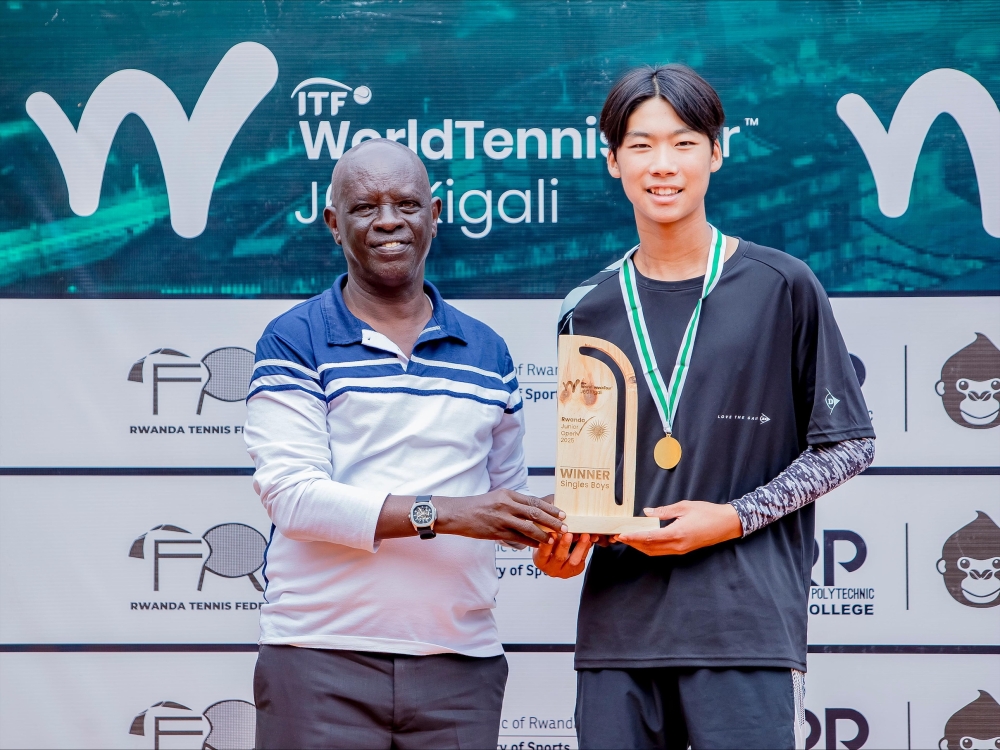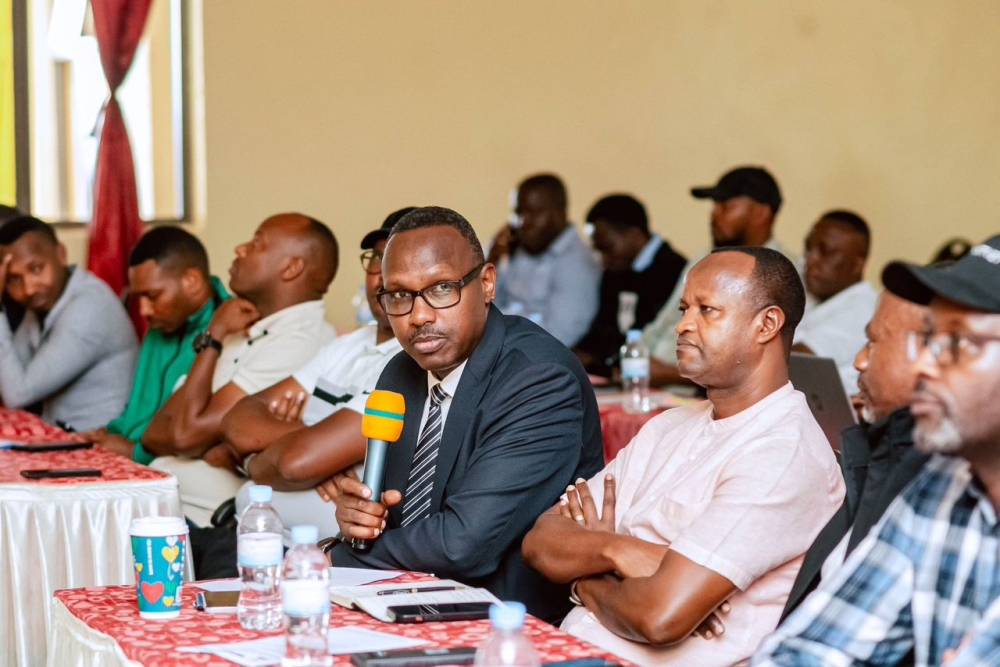WARSAW - With the Uefa Euro 2012 football championships in full swing in Poland and Ukraine, Polish footballers of a different ilk are training for the 72-team Homeless World Cup in Mexico City this October.

WARSAW - With the Uefa Euro 2012 football championships in full swing in Poland and Ukraine, Polish footballers of a different ilk are training for the 72-team Homeless World Cup in Mexico City this October.For them, football is a way to reintegrate into society, with the sport helping them survive trying times.Homeless recovering alcoholic Robert Trykowski, 30, a goalkeeper in the Polish line-up, says football is his whole life. "If it weren’t for football, I would have put a bullet in my head,” he told AFP.The idea that football could facilitate social reintegration began in Scotland before spreading in Britain. The first annual Homeless World Cup took place in Graz, Austria, in 2003."Beating homelessness through football” is the message of the championships, taking place for the 10th time this year with 56 nations in the men’s tournament and 16 in the women’s face-off."Football is an important supplement to therapy for the homeless,” says Maciej Gudra, manager of Poland’s homeless football team."The goal is to help them overcome their addiction, alcohol or drugs, and get off the streets,” he adds.Twenty Polish players were selected in May during the last national homeless football tournament in the central Polish city Poznan, but only eight will head to Mexico, including two of four goalkeepers.Trykowski hopes to make the cut, which the coach will announce in the lead-up to the October World Cup."I’ll do everything to go. And I’ll make it, I know it. I’m good at defending penalty kicks and that counts for a lot,” Trykowski said.He could barely contain his enthusiasm as he watched the June 8 Poland-Greece opening match of the Euro 2012 football showcase on the giant screen set up in Warsaw’s fanzone, all the while thinking of his own tournament in Mexico and the medals he hopes to bring back."Mexico is the best thing that could happen to me,” said the talented footballer, who has lived in a homeless shelter in Poland’s northern city of Grudziadz for the past year.Trykowski admires Przemek Tyton, the Polish substitute goalie who expertly defended a penalty shot in Poland’s match against Greece last Friday, day one of the 16-nation, quadrennial Euro 2012 football championships."He waited a little, then he catapulted himself to catch the ball. I do the exact same thing,” Trykowski said.In late May, Trykowski’s homeless team won an urban football tournament in Cieszyn, southern Poland, where rival players included the homeless as well as lawyers, priests and police officers.In urban football, teams consist of only four players: one goalkeeper and three defenders or attackers. The field is also smaller at 16 by 22 metres (52 by 72 feet) with the net four metres wide by 1.3 high. The "stadium” is the street.This small-scale urban football is the kind played at the Homeless World Cup.During the Cieszyn tournament, Trykowski wore Poland’s jersey for the first time, a red shirt with a white eagle, the national emblem, in the foreground and his No 1 on the back.The Polish team is competitive, but still not completely in sync, as the players come from different parts of Poland and have had few opportunities to train together, coach Dominik Czapczyk said.Poland is carving out a good reputation for itself in global homeless football, having twice won bronze and twice silver, manager Gudra told AFP.Each year there is a new line-up with new players.The results are encouraging: of the 63 homeless footballers who played in the last championships, 60 resumed a normal life, while only three stayed homeless, Gudra added.Trykowski is confident about this year’s Homeless World Cup. In 2013, it will be Poland’s turn to host the football Homeless World Cup.




